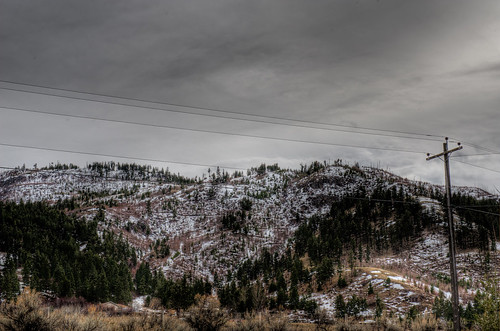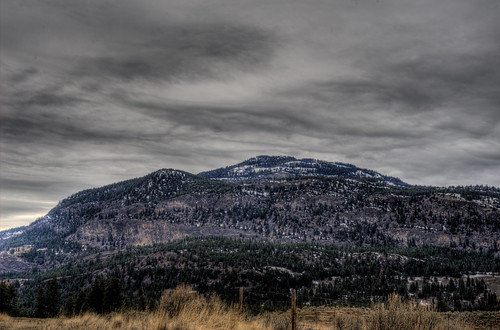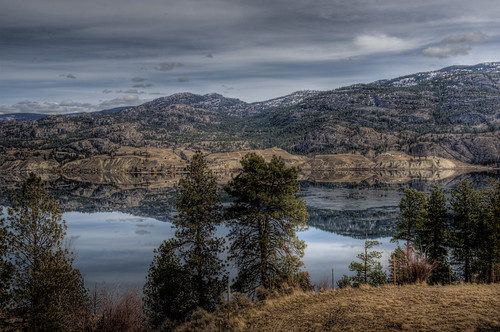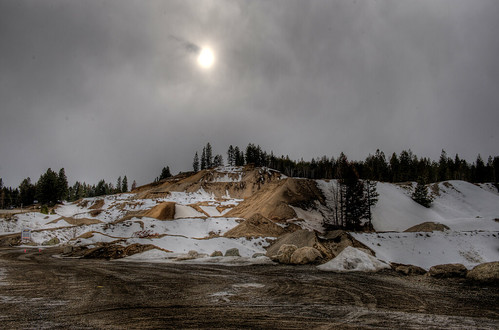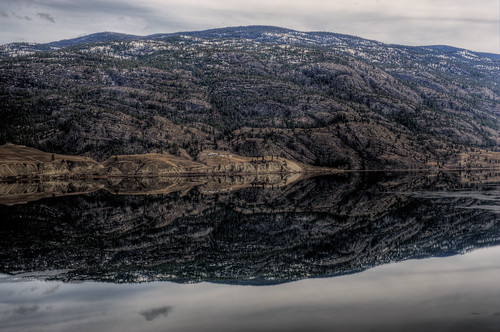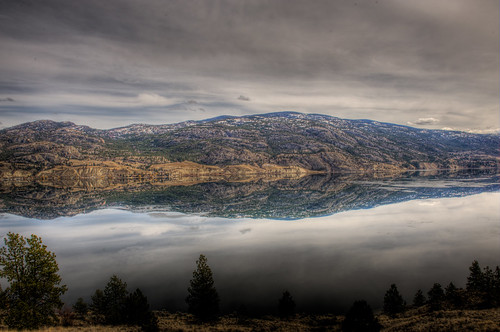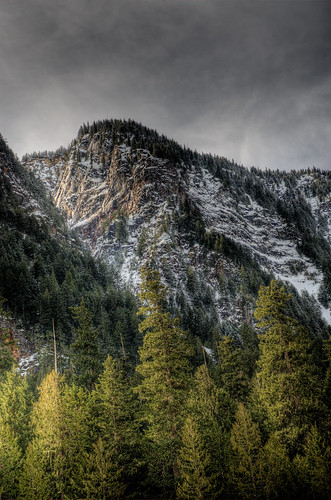
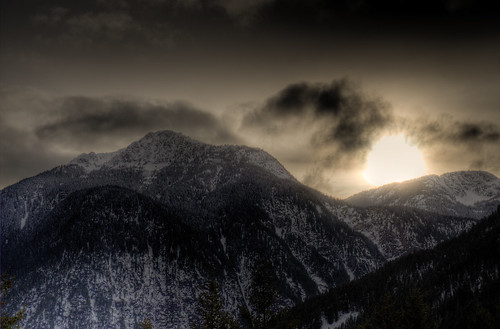 Driving up to the Okanagan to visit my Moms and my Dads. As I wind my way along the Crowsnest highway that passess through Manning Park on the way to Princeton, I am struck by how dead and frigid the place feels. The mountains are dunn grey rock, interspersed with sprinkles of snow amid a patchy carpet of mostly dead pines, the quiet victims of the beetle, the occasional live trees stand in dull green contrast to their company. I used to think this area so alive, a hallowed alpine terrarium bristling with life. The windblown barrens around me are a chilling contrast to my errant recollection.
Driving up to the Okanagan to visit my Moms and my Dads. As I wind my way along the Crowsnest highway that passess through Manning Park on the way to Princeton, I am struck by how dead and frigid the place feels. The mountains are dunn grey rock, interspersed with sprinkles of snow amid a patchy carpet of mostly dead pines, the quiet victims of the beetle, the occasional live trees stand in dull green contrast to their company. I used to think this area so alive, a hallowed alpine terrarium bristling with life. The windblown barrens around me are a chilling contrast to my errant recollection.

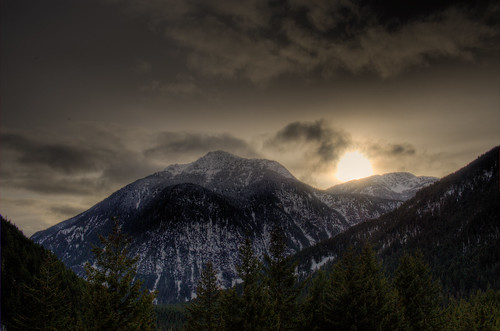 Is my impression wrong, or misread? Am I still culture shocked, erroniously comparing a hibernating northern forest that is months short of exploding with vitality to the eternally frantic and vibrant life of the equatorial land that I left weeks ago? Is my fresh memory of Uganda distorting my impression of these mountains and forests I love so much?
Is my impression wrong, or misread? Am I still culture shocked, erroniously comparing a hibernating northern forest that is months short of exploding with vitality to the eternally frantic and vibrant life of the equatorial land that I left weeks ago? Is my fresh memory of Uganda distorting my impression of these mountains and forests I love so much?If you've never been to a tropical climate it's very hard to describe how much more alive they are than the temperate zones. There is no winter to halt the pace of the cycle of life, nothing to pause the onrushing cacaohony of growth. No patch of the rich, red soil exposed to the raw equatorial sun sits fallow for long before some opportunistic seed springs from it. And the skies are teeming with throngs of seemingly prehistoric avians chasing each other and diving to the rich ground below for food. By comparison, Manning Park felt like a deadzone.
Early this week Madlove dropped by and commandeered my computer to show me google earth close-ups of the interior of BC. Far from the densely forested mountainscape I expected, he displayed a twisted patchwork of barren clear cuts interspersed with new growth and some lucky stands of older timber that had so far avoided the axe and the beetle. It was as though a drunk had tried to shave his beard during an earthquake and only managed intermittent success. To be sure, BC is no longer a land of tall, vast, strong forests continuously blanketing the majestic mountains off into the distance (if indeed it ever was in my lifetime), the beetle, the fires, and the provincial Liberals have banished that place to my childhood memories. Perhaps the life is being scraped away from the surface of here, revealing this arid waste.
Down from the Similkameen Valley into the Okanagan I am impacted by the somber grey austerity of the hills and jutting rocks in their winter repose. The scattered trees on the heights and the well manicured skeletons of the vinyards on the slim shelves above the lakes do nothing to relieve the impession of lifelessness. My brain knows that in just a few weeks this place will brim with green, the trees will bulge with fruit, and the empty skies will be streaked with birds, their sounds carrying on warm sunshine breezes, but right now it feels like a wind raked moonscape.
Dad and I play crib by the wood stove then venture out to inspect some construction on his property. On the deck of the unfinshed stacked log structure, Dad and I quietly survey the valley around us. Though a wind blows howls across the rocks and through the tops of the remaining trees, it is still almost warm enough to forgo a jacket for a sweater. Spring, the great banisher and savior of the colder climates, unknown in the tropics, will soon emerge into this land and will chance to prove or fail at it's rejuvination and temporary resurrection, at least until the cold grips it again.

